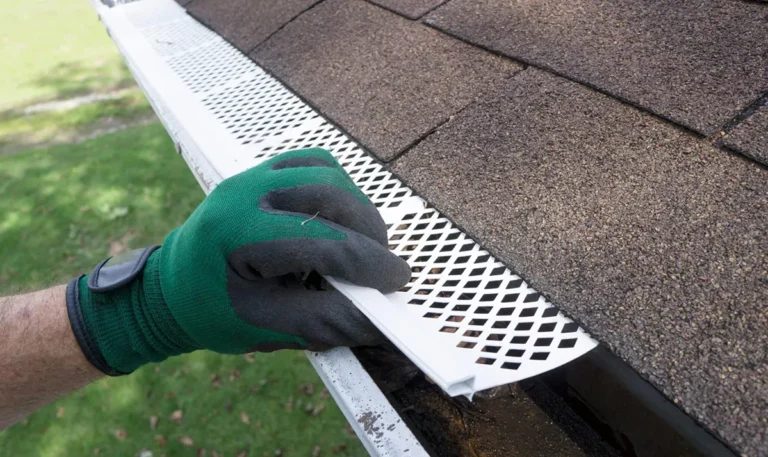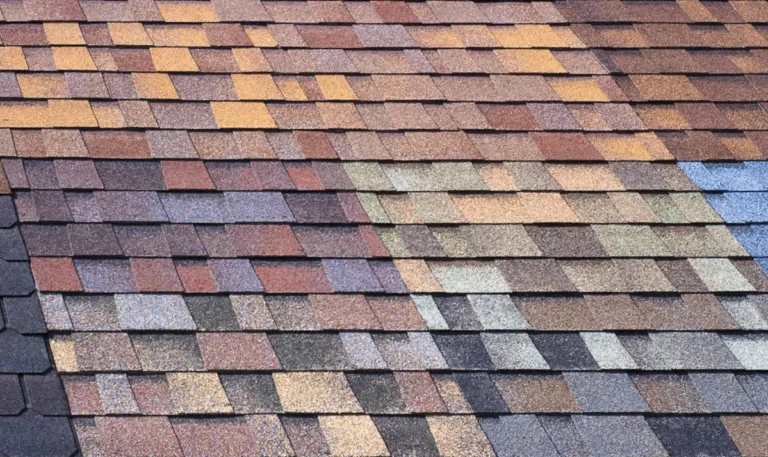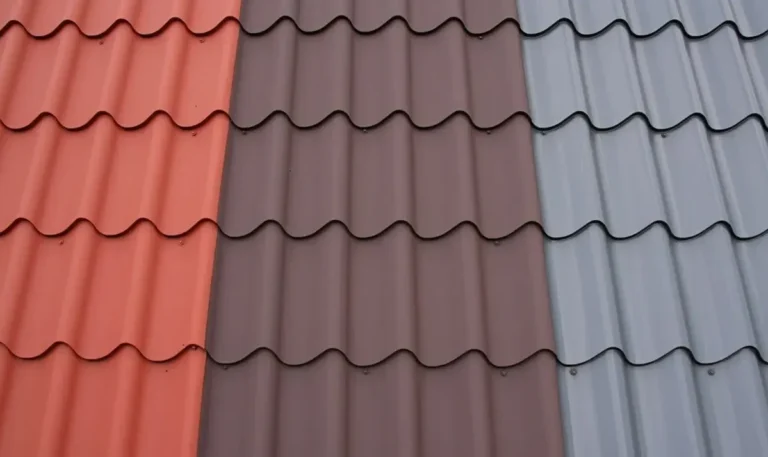When it comes to roofing projects, making informed decisions is critical. It’s not merely about labor and materials but understanding the intricate details that can impact your home’s integrity, aesthetic, and value. One such vital detail is the roof pitch and how it determines your selection of roofing materials. Andes Roofing, one of the leading Louisville roofing companies, is here to guide you through this essential consideration.

Deciphering Roof Pitch
In the roofing industry, roof pitch describes the angle, slope, or incline of your roof. Roofers generally calculate it by determining the vertical rise for every 12 inches of horizontal distance, typically expressed as a ratio. For example, a “4 in 12” roof pitch means that the roof rises 4 inches for every 12 inches of horizontal distance.
Why Roof Pitch Matters
Understanding your roof’s pitch is important for the following reasons:
- It affects your roofing material options.
- It influences how efficiently your roof sheds water and snow.
- It can impact the aesthetic appeal and resale value of your home.
- It plays a part in determining the overall cost of the roofing project.
Andes Roofing, a trusted Louisville roofing contractor, emphasizes the necessity to take into account these aspects when planning for a roofing project.
Ideal Roofing Materials for Low Pitch Roofs
Low slope roofs, typically having a pitch between 1 in 12 and 3 in 12, need roofing materials that offer superior waterproofing because water doesn’t quickly run off them.
Built-Up Roofing (BUR)
Built-Up Roofing (BUR) is an excellent choice for low pitch roofs due to its robust and waterproof characteristics. It comprises alternating layers of bitumen and reinforcing fabrics, a tried-and-true solution for these roofs.
Modified Bitumen Roofing
Modified Bitumen Roofing is a more advanced version of BUR, infused with plastic or rubber additives to offer increased flexibility and weather resistance.
Single-Ply Membranes
Single-ply membranes, like TPO, PVC, and EPDM, are ideal for low pitch roofs due to their flexibility, lightweight nature, and superior waterproofing ability.
Suitable Roofing Materials for Medium to High Pitch Roofs
Roofs with a pitch of 4 in 12 or higher can accommodate a broader selection of materials owing to their efficient water-shedding capacity.
Asphalt Shingles
Asphalt shingles are a common go-to roofing material for medium to high pitch roofs. They offer affordability, ease of installation, and come in various colors and styles.
Metal Roofing
Metal roofing panels or shingles are ideal for higher pitch roofs due to their durability, fire-resistance, and the availability of numerous styles and finishes.
Slate or Tile Roofing
Slate or tile roofing can give your home a unique, elegant look. These materials are heavy-duty, durable, and have long lifespans but are best suited for steeper roof pitches for efficient drainage.
Roof Pitch and Weather Conditions: A Crucial Interplay
The interaction between roof pitch and local weather conditions can also influence your choice of roofing materials. For instance, in areas like Louisville, KY, with occasional heavy snowfall, a steeper roof pitch coupled with a slick roofing material like metal can promote snow shedding, preventing roof damage.
In conclusion, your roof’s pitch plays a pivotal role in determining your roofing material options. Whether you’re planning a new roof installation or considering roof repair in Louisville, KY, understanding the relationship between roof pitch and roofing materials is integral to a successful roofing project. Andes Roofing advises consulting with roofing professionals to ensure the best course of action based on your specific home requirements and conditions.






